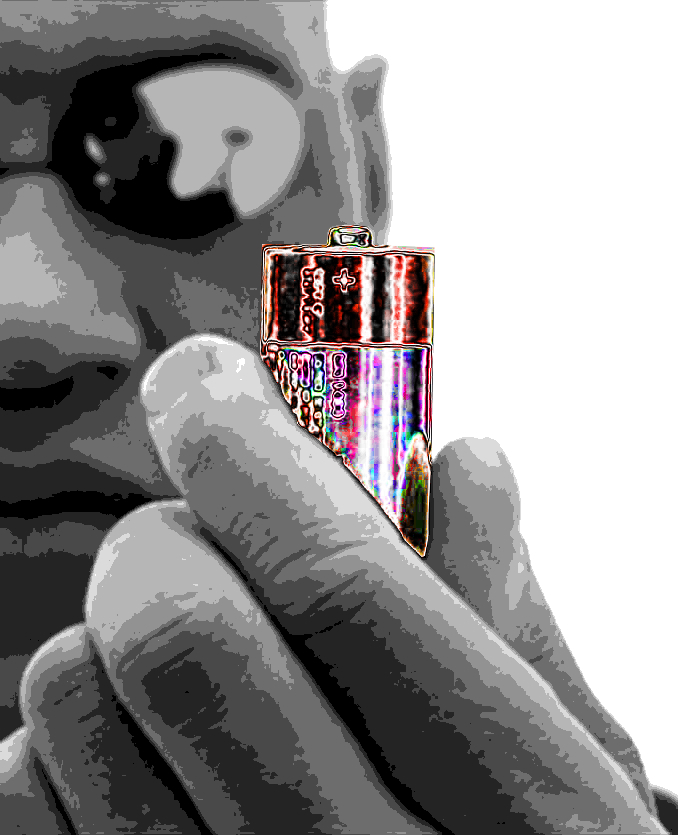Push to retain lithium brains
 Industry figures say government money is needed to keep renewable energy startups in Australia.
Industry figures say government money is needed to keep renewable energy startups in Australia.
Australia has all the ingredients to make itself into a renewable manufacturing superpower, but many startups still head overseas for success.
Australia supplies 60 per cent of the world's lithium and has significant deposits of almost every raw material needed to create lithium-ion batteries, but the majority of these materials are shipped to International markets.
China is the world leader - producing about 80 per cent of the world's lithium battery capacity.
Some local experts say Australia should look to the US, where the government has committed $2.8 billion to grow its domestic EV manufacturing industry.
The funding should boost the entire supply chain, from raw materials to supporting technologies, and entice companies to move to the US.
“Governments like the US and Europe are looking at incentivising companies like Sicona to set up manufacturing there as opposed to doing it here in Australia,” Christiaan Jordaan, chief of the Sicona Battery Technologies startup based in the Illawarra region of New South Wales.
“The Australian government needs to incentivise local manufacturing as other governments like the US ... there is a lot of protectionist trade policy being implemented.
“Australia is so blessed in all the raw materials and the resources, has everything else in terms of the skill sets to manufacture batteries and battery materials domestically, we just need to capture more of that value.”
The director of the Energy Futures Network at the University of Wollongong, Ty Christopher, has helped grow startups from the campus to the commercial lab, and has seen many companies leave Australia for greener pastures abroad.
“The reality is it is a globally competitive environment, for high technology and for clean energy,” Mr Christopher says.
“As we sit here today, nearly all this technology and the actual physical equipment, has to be imported and I think that's a great shame for our nation.
“We need to be providing the same or greater incentives for the technology that's developed here in Australia to stay here in Australia.”
Mr Christopher said new Australian firms face fierce international competition and need consistent public support spanning multiple governments.
“This is a challenge that requires a long-term and invested commitment from all levels of government,” he said.
“It requires that commitment to run through several election cycles, which is always a challenge.”








 Print
Print